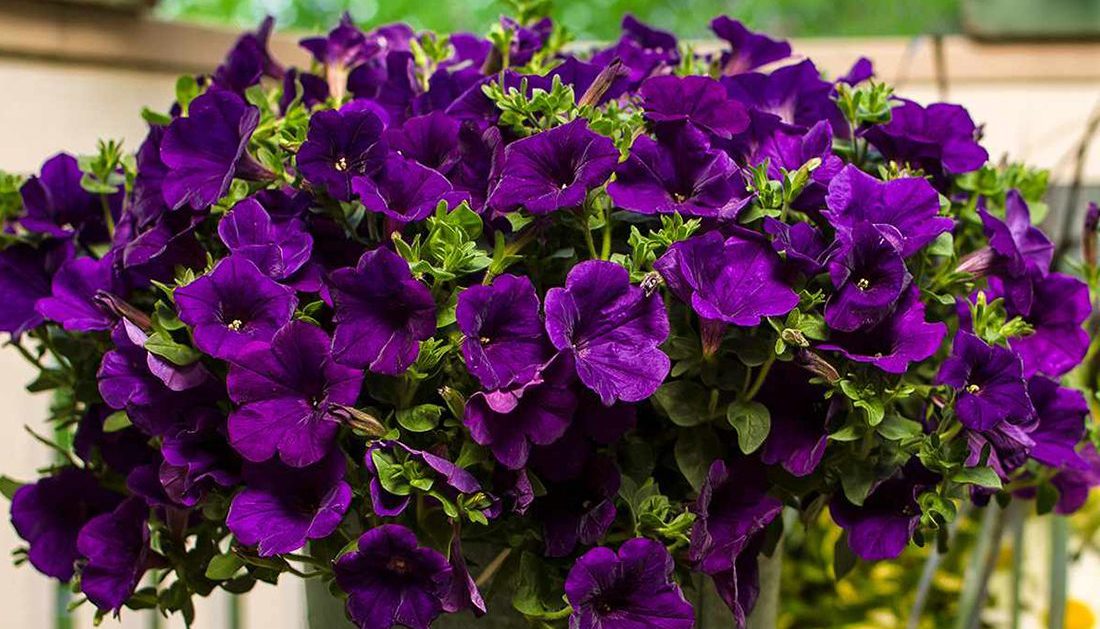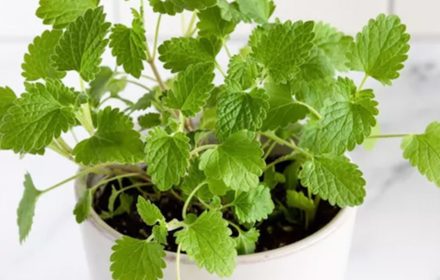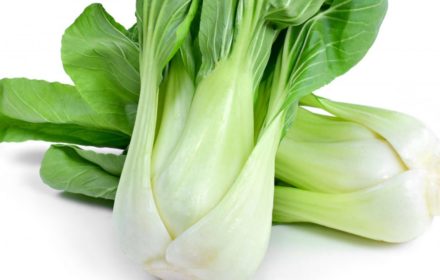How to Grow Violet Sky Petunias from Seeds
Violet Sky Petunias are a beautiful and versatile addition to any garden or indoor display. Featuring soft, velvety petals that change from a rich blue to deep purple as the season progresses, these petunias create a stunning visual impact. Initially growing upright as a half-hardy annual, Violet Sky Petunias will later develop trailing stems, making them ideal for hanging baskets, containers, or window boxes. The blooms can reach up to 10 cm (4 inches) in diameter, while the stems may grow as long as 38 cm (15 inches). With their compact growth and vibrant colour changes, these petunias are a favourite for both indoor and outdoor displays in the UK.
When and Where to Sow Violet Sky Petunia Seeds
- Indoor Sowing: Petunia seeds should be started indoors 8-10 weeks before the last expected frost (typically January to March for the UK). Indoor sowing ensures an early start, giving plants time to establish before transplanting outside.
- Outdoor Transplanting: Once the risk of frost has passed, typically from May onwards, transplant seedlings to their final position in containers, hanging baskets, or garden beds.
Ideal Growing Conditions for Violet Sky Petunias
- Soil Requirements: Petunias thrive in well-drained, fertile soil. Before transplanting, prepare the soil by incorporating compost or a general-purpose fertiliser to improve its structure and fertility. For container planting, use a high-quality, light, and well-drained potting mix.
- Sunlight: Choose a sunny spot that receives at least 6-8 hours of direct sunlight daily. Full sun will encourage strong growth and more vibrant blooms, though petunias can tolerate partial shade.
- Temperature: Violet Sky Petunias require consistently warm temperatures for successful germination. Maintain a temperature of 21°C (70°F) during germination. These petunias do best when grown in temperatures of 16-24°C (60-75°F) after germination.
How to Sow Violet Sky Petunia Seeds Indoors
- Sowing in Pots or Trays: Fill seed trays or small pots with high-quality seed compost. Petunia seeds are tiny and need light to germinate, so do not cover them with compost. Instead, gently press the seeds into the surface of the compost and mist lightly with water.
- Germination Conditions: Cover the pots or trays with clear polythene wrap or a plastic bag to create a warm, humid environment. Place them in a bright location, such as a sunny windowsill or under grow lights, but avoid direct sunlight to prevent overheating.
- Watering: Keep the compost moist but not waterlogged. Check regularly to ensure moisture is retained inside the wrap. Germination usually occurs within 10-21 days, depending on conditions.
- Transplanting Seedlings: Once seedlings have 2-3 true leaves and are large enough to handle, remove the wrap and allow them to grow on in cooler conditions (around 16-18°C). Transplant them into larger pots to continue growing indoors until they are ready for outdoor planting.
Acclimatising and Transplanting Outdoors
- Hardening Off: Before transplanting outdoors, harden off the seedlings by gradually exposing them to outdoor conditions over 7-10 days. Start by placing the plants outside for a few hours during the day, gradually increasing the time spent outdoors.
- Outdoor Planting: Once the risk of frost has passed, plant the petunias in their final position. For hanging baskets and containers, space the plants about 20 cm (8 inches) apart. For garden beds, space the plants 25-30 cm (10-12 inches) apart to allow for trailing growth.
Caring for Violet Sky Petunia Plants
- Watering: Water petunias regularly to keep the soil consistently moist but not waterlogged. Avoid wetting the leaves, as this can encourage fungal diseases. In hot weather, check the soil frequently and water as needed.
- Feeding: Feed the plants with a balanced, liquid fertiliser every two weeks during the growing season to encourage strong growth and continuous flowering. For container-grown petunias, a slow-release fertiliser mixed into the compost at planting can also be beneficial.
- Deadheading: Regularly deadhead spent blooms to encourage new flowers and extend the blooming period. This also helps keep the plant tidy and promotes healthy growth.
Using Violet Sky Petunias in the Garden
- Hanging Baskets and Containers: Violet Sky Petunias are perfect for creating stunning, cascading displays in hanging baskets, containers, and window boxes. Their trailing habit and colour-changing blooms add a dramatic effect to any garden space.
- Garden Borders: Plant these petunias along the edges of flower beds or borders for a bright, colourful addition. They pair well with other annuals or perennials for a vibrant summer display.
- Indoor Displays: Petunias can also be grown indoors in pots on sunny windowsills or conservatories. Their compact growth makes them ideal for smaller spaces while adding a touch of colour to your home.
Common Issues and Tips for Growing Violet Sky Petunias
- Leggy Growth: If your petunias become leggy, they may not be receiving enough light. Move the plants to a brighter location, or consider using grow lights to provide additional light. Pinching back the stems can also encourage bushier growth.
- Pests and Diseases: Watch for common pests like aphids, whiteflies, and slugs. Use organic insecticidal soap or neem oil to control infestations. To prevent fungal diseases such as powdery mildew, ensure good air circulation around the plants and avoid overhead watering.
- Overwatering: Petunias are sensitive to overwatering, which can lead to root rot. Always check the soil before watering and ensure that containers have adequate drainage.
Common Questions About Growing Violet Sky Petunias
- Can Violet Sky Petunias be grown in containers? Yes, these petunias are ideal for containers and hanging baskets. Their trailing habit makes them perfect for creating cascading displays. Just be sure to use a well-drained potting mix and water regularly.
- How long will Violet Sky Petunias flower for? With proper care, petunias will flower continuously from late spring through autumn. Deadheading and regular feeding will help prolong the blooming season.
- Do petunias need full sun? Petunias perform best in full sun, with at least 6-8 hours of sunlight a day. While they can tolerate partial shade, too little sunlight can result in fewer blooms and leggy growth.
By following these steps, you can enjoy a vibrant display of Violet Sky Petunias throughout the growing season. Whether used in hanging baskets, containers, or garden borders, these versatile flowers are sure to add a stunning splash of colour to any space.



















